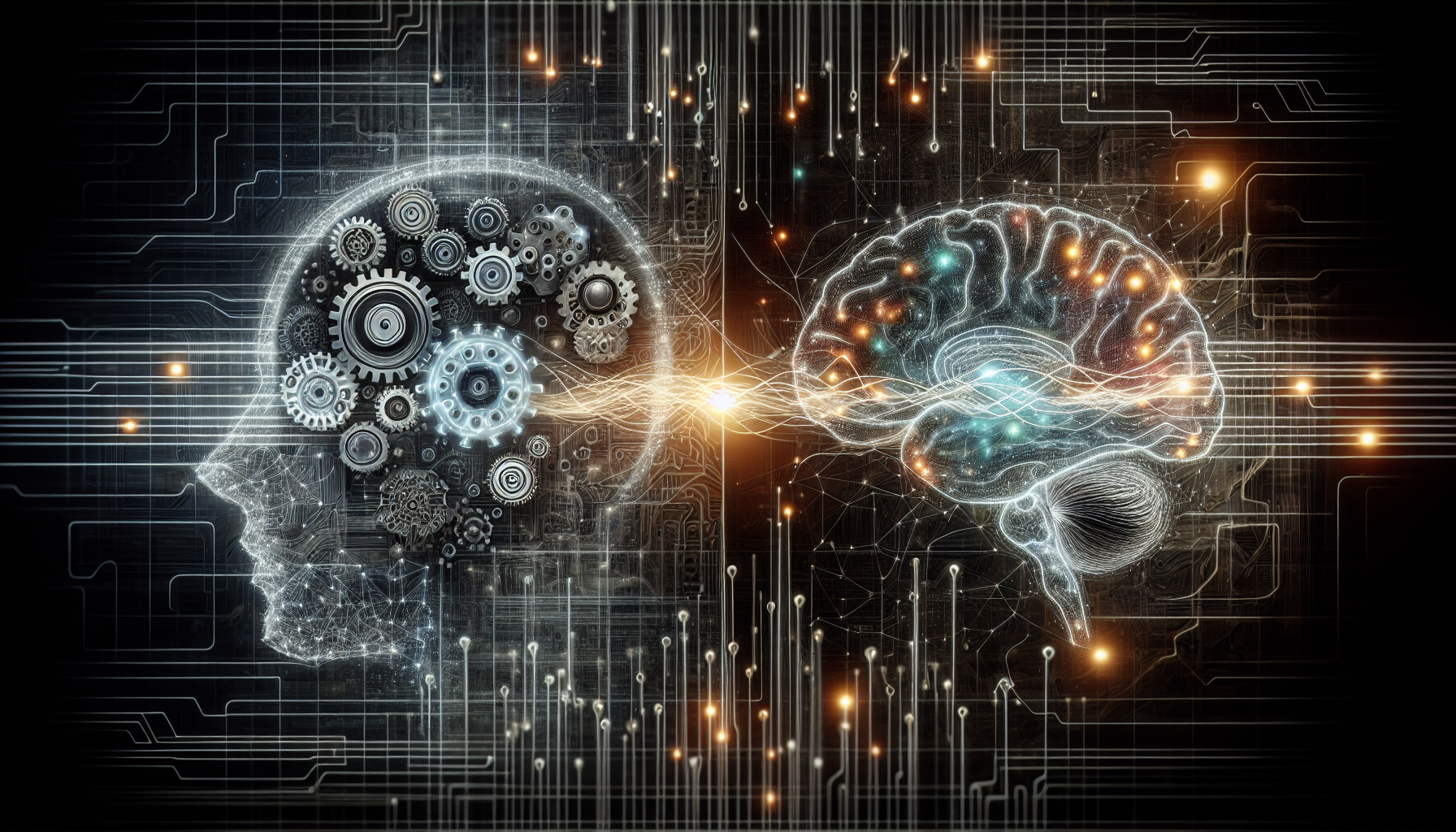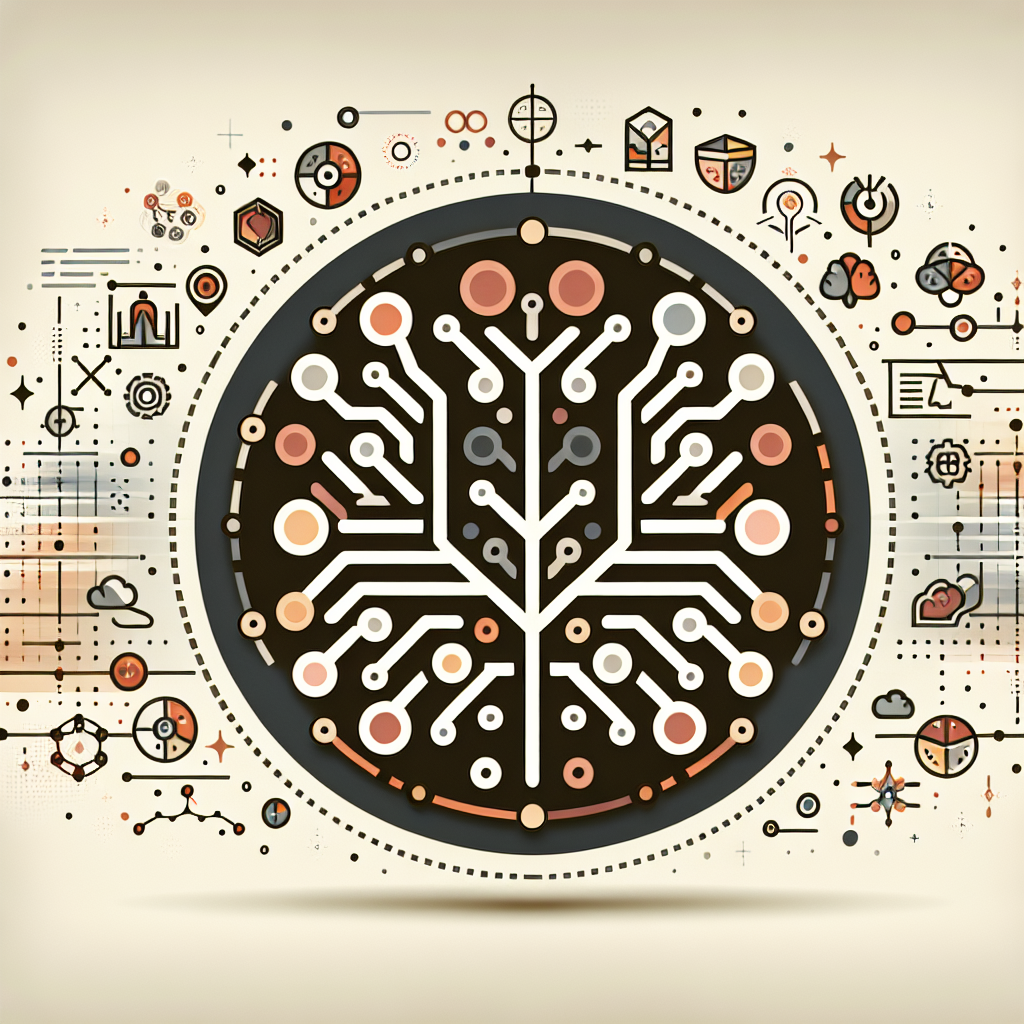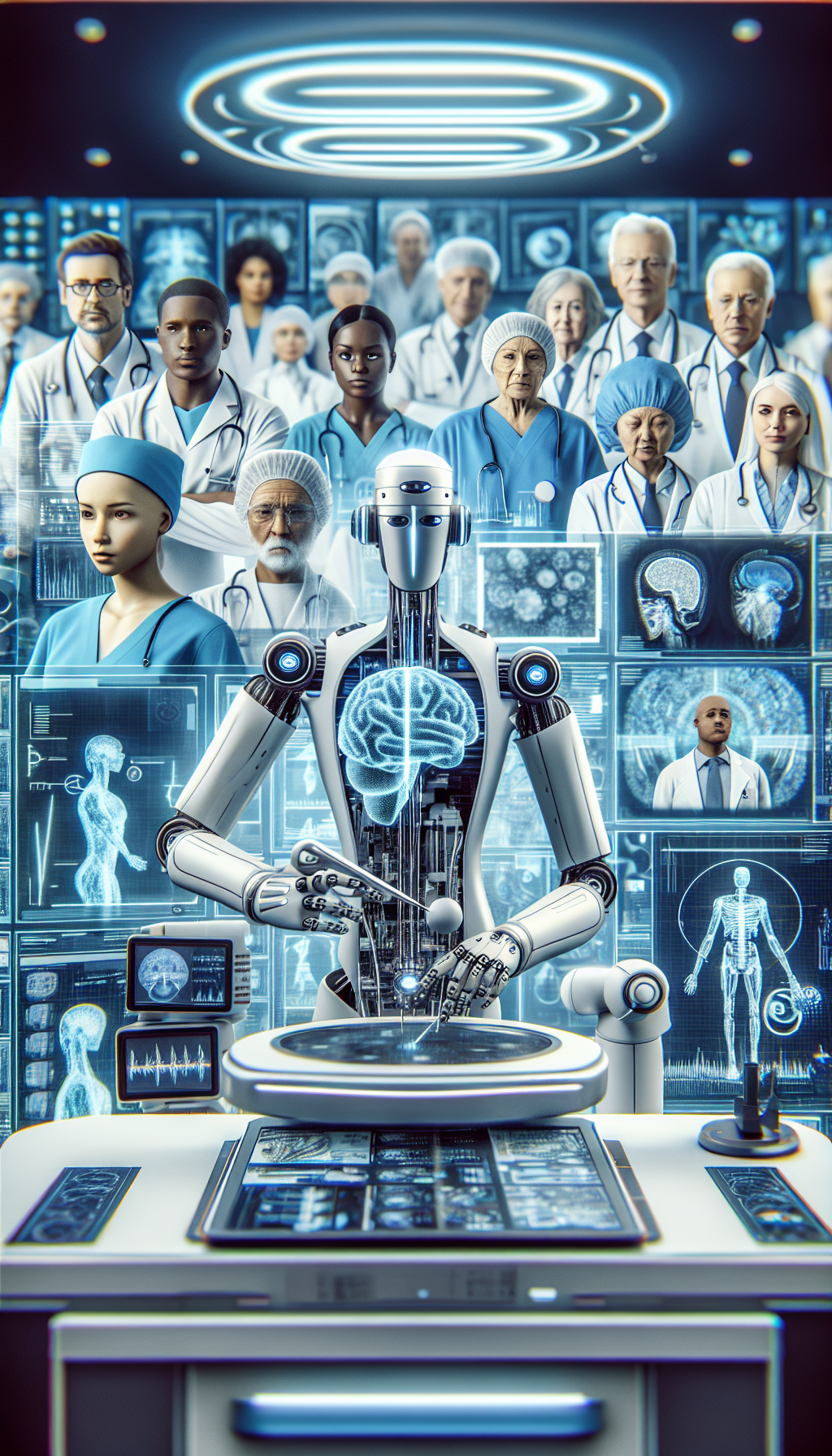In recent years, the intersection of technology and healthcare has led to groundbreaking advancements in the field of cognitive health. Artificial Intelligence (AI) has emerged as a transformative force, offering both significant benefits and posing potential risks to cognitive functions. As we navigate this exciting yet complex terrain, understanding the impact of AI on our cognitive health is essential.
The Promise of AI in Enhancing Cognitive Health
Artificial Intelligence has the potential to revolutionize cognitive healthcare by providing personalized treatment plans, early detection of cognitive impairments, and innovative therapeutic interventions. One of the most remarkable benefits of AI is its ability to analyze vast amounts of data quickly and accurately, leading to more informed and efficient decision-making in clinical settings.
For instance, AI-driven algorithms can identify patterns in patient data that may indicate the early stages of conditions like Alzheimer’s or Parkinson’s disease, allowing for earlier intervention which is crucial for better outcomes. This aspect of AI is particularly relevant in the realm of Brain Health, where early detection and ongoing monitoring can significantly alter the progression of cognitive decline.
Moreover, AI can customize cognitive training programs to the individual’s needs, adapting in real-time to the user’s performance. This personalized approach ensures that patients are receiving the most effective treatment tailored specifically for them.
Cognitive Rehabilitation and AI
In the field of cognitive rehabilitation, AI has shown promise in aiding individuals recovering from brain injuries or strokes. Through the use of virtual reality and machine learning, patients can engage in simulations that help rebuild neural pathways and improve cognitive functions. The application of AI in this domain underscores its potential to not only support existing therapeutic strategies but also to create new ones that were previously unimaginable.
AI and Mental Health
Mental health is another area where AI has made a significant impact. AI-powered chatbots, for example, provide support to individuals, offering coping strategies and monitoring their mental state over time. For more on how technology is advancing mental health support, consider reading about Navigating Mental Health: The Brain-Gut Axis.
The Risks Associated with AI in Cognitive Health
Despite the promising benefits, the integration of AI into cognitive healthcare is not without risks. One of the primary concerns is privacy and data security. The sensitive nature of personal health data necessitates stringent protections to prevent unauthorized access and ensure patient confidentiality.
Another risk involves the potential for AI to misdiagnose or overlook nuances in patient data that a human doctor might catch. This could lead to incorrect treatment plans and negatively impact patient outcomes. It is essential to strike a balance between AI and human oversight to minimize such risks.
Ethical Considerations
Ethical questions also arise with the use of AI in cognitive health. The decision-making process of AI algorithms is often opaque, leading to concerns about transparency and accountability in healthcare decisions. Ensuring that AI systems are explainable and their decisions can be understood by healthcare professionals is essential for maintaining trust and ethical standards in treatment.
Integrating AI with Conventional Cognitive Health Strategies
While AI presents new opportunities, it is crucial to integrate it with traditional cognitive health strategies effectively. Physical exercise, for example, has been shown to promote mental clarity and focus, which AI applications could augment. For a deeper understanding of this relationship, explore How Physical Exercise Promotes Mental Clarity and Focus.
Diet also plays a significant role in cognitive health, with certain foods rich in antioxidants known to prevent brain aging. AI could potentially assist individuals in planning and tracking their diets to optimize cognitive function. To learn more about the dietary aspect, the article on The Role of Antioxidant-Rich Foods in Brain Aging Prevention provides valuable insights.
Lastly, engaging in mental activities such as crossword puzzles has been linked to neurological benefits, another area where AI can offer personalized puzzle generation to keep the brain engaged. For more on cognitive stimulation activities, the benefits of Crossword Puzzles and Brain Health are worth reading.
Supporting Research and Resources
The implementation and effectiveness of AI in cognitive health are supported by various niche and specific resources. For instance, studies published in specialized journals like ‘Frontiers in Aging Neuroscience’ provide evidence for the role of AI in detecting early signs of cognitive impairment. Another valuable resource is the ‘Journal of NeuroEngineering and Rehabilitation’, which explores the latest developments in AI for cognitive rehabilitation.
To understand the ethical implications of AI in healthcare, the ‘Harvard Journal of Law & Technology’ offers in-depth analysis and discussion of the legal and ethical frameworks that need to evolve alongside AI advancements.
Conclusion: The Future of AI in Cognitive Health
As we look towards the future, the integration of AI into cognitive health practices presents a landscape rich with potential. It promises to transform the way we approach the prevention, diagnosis, and treatment of cognitive disorders. However, the journey must be navigated with caution, ensuring that the risks are managed, and ethical standards are upheld.
By combining the power of AI with the wisdom of traditional healthcare practices, we can pave the way for a future where cognitive health is supported by the best of both worlds—innovative technology and human touch.
In conclusion, while AI brings transformative potential to cognitive health, it must be implemented with careful consideration of the associated risks and ethical dilemmas. With ongoing research, collaboration, and thoughtful integration, AI can undoubtedly become a cornerstone in the advancement of cognitive healthcare.



